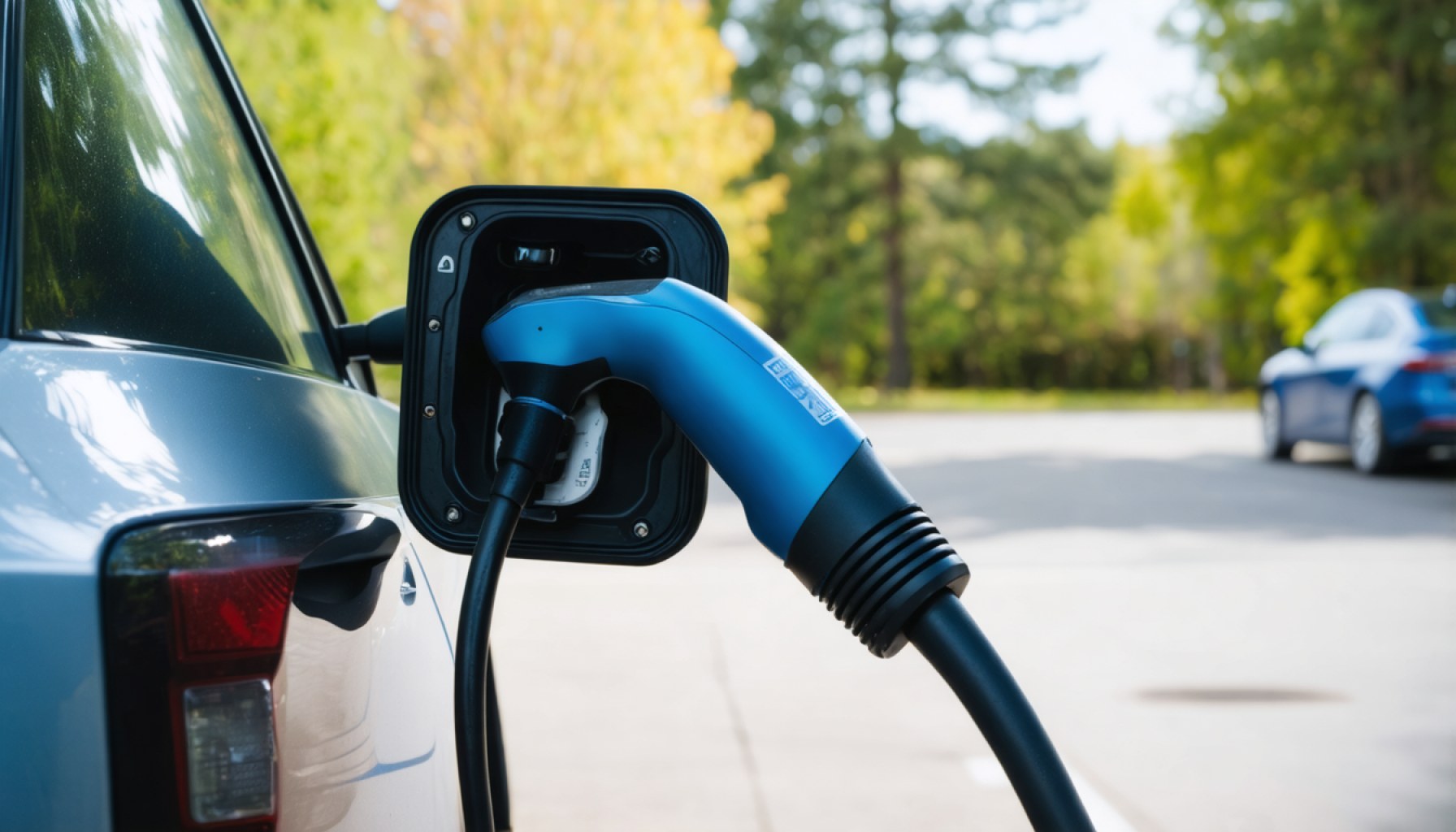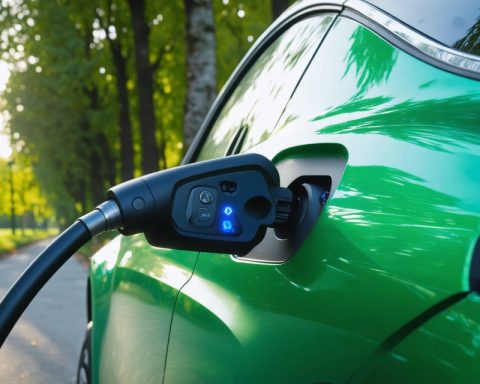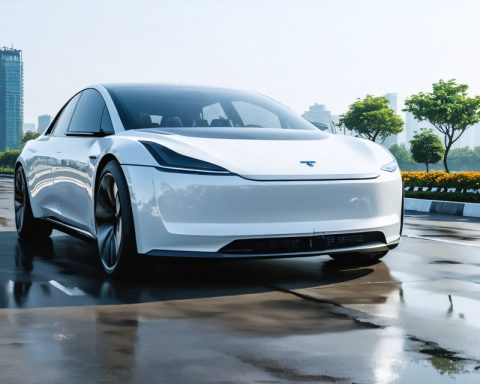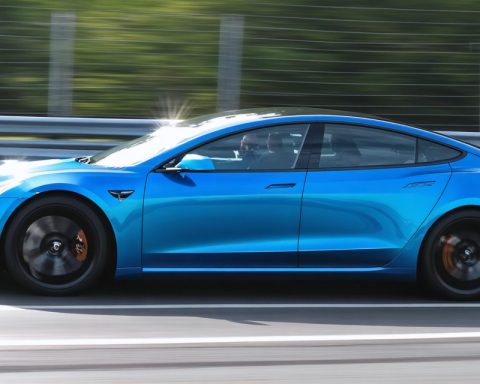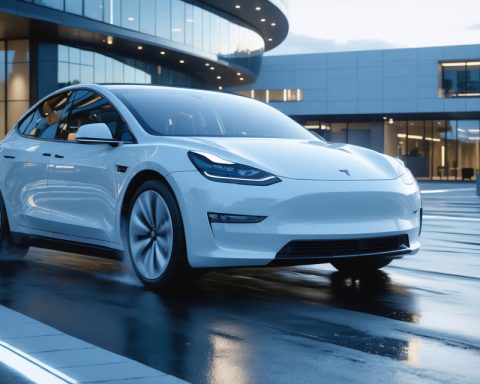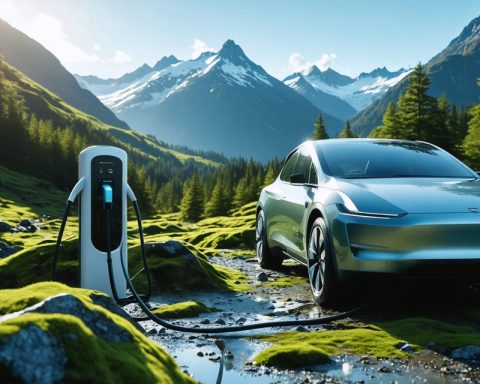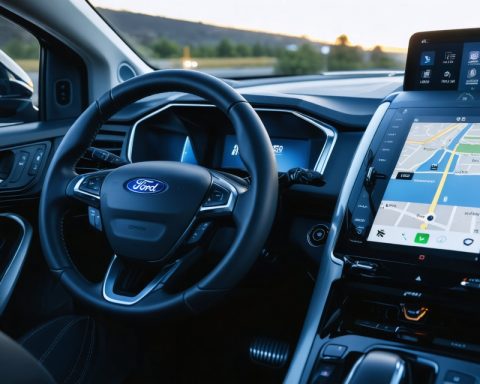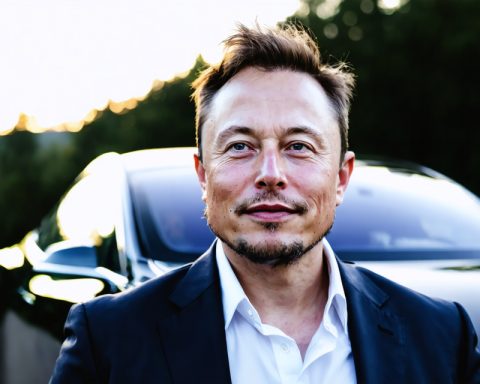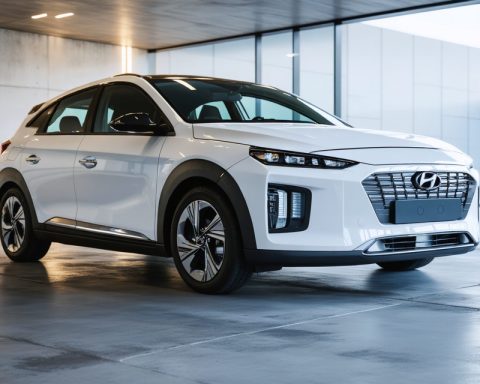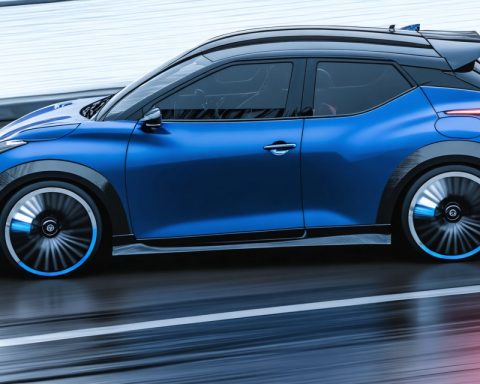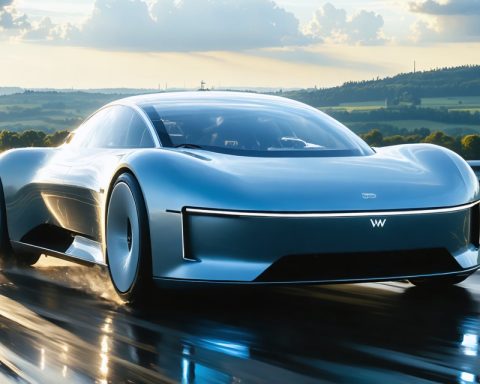- Minnesota faces a funding shortfall for road and bridge maintenance due to declining gas tax revenues, with a 1-2% annual drop.
- Lawmakers are considering new fees on electric vehicles to address this issue, including a proposed 5-cent-per-kilowatt-hour tax at charging stations and increasing the EV surcharge.
- A road user charge based on miles driven, similar to Oregon’s “OReGO” program, is also under consideration.
- The state aims to have 20% of cars electric by 2030, fueling debates on balancing environmental goals and fair taxation.
- Supporters argue these taxes are essential for sustainable infrastructure funding, while opponents are concerned about their impact on EV adoption.
- With a potential $6 billion budget deficit, Minnesota’s decision could set a precedent for transportation funding nationwide.
Minnesota stands at a crossroads as its lawmakers grapple with a pressing fiscal quandary: how to patch up vanishing road and bridge funds typically sourced from a declining gas tax. With gasoline revenues wilting by an estimated 1-2% annually—an echo of the times as vehicles sip fuel more sparingly—officials in the Land of 10,000 Lakes are searching for new avenues to fund their sprawling transportation infrastructure.
This legislative session, the spotlight shifts to an innovative yet contentious solution: imposing a new charge on electric vehicles (EVs), widely seen as the vehicles of the future. Among the proposals floating through the marble halls of the Minnesota Capitol are plans to levy a 5-cent-per-kilowatt-hour tax at public charging stations and hike the existing EV surcharge from $75 to potentially $200. Lawmakers are also pondering a road user charge based on miles driven, reminiscent of Oregon’s pioneering “OReGO” program.
As political lines blur—both Republicans and Democrats chip in ideas—the urgency is underscored by the state’s ambitious target: ensuring that 20% of all cars are electric by 2030. Yet, this move has sparked a robust debate.
Supporters of the tax, including the Coalition of Greater Minnesota Cities and the Minnesota Chamber of Commerce, argue that such fees are vital for creating a sustainable, long-term funding mechanism. With a projected $6 billion budget deficit looming, the stakes are high.
Conversely, clean energy advocates voice concerns about potential roadblocks this may erect for EV adoption. Carolyn Berninger of the Drive Electric Minnesota Coalition highlights that EV owners already bear significantly high costs through elevated sales and registration taxes. These charges funnel into the same fund that gas taxes do, bolstering the state’s transportation coffers. As sales of EVs rise—7% of cars purchased this year—a delicate balance must be struck between incentivizing green transport and ensuring fair financial contribution.
This debate is nothing new. Minnesota’s history of innovative solutions includes the introduction of a new retail delivery fee in 2021, aiming to bridge similar funding gaps by tapping into modern consumer habits.
Ultimately, Minnesota’s decision will resonate beyond its borders, offering a glimpse into the future of transportation funding. Striking the right balance is crucial not just for maintaining the state’s roads but for paving the way toward an electric future shaped by fiscal responsibility and environmental stewardship.
Will Minnesota’s EV Tax Proposals Accelerate or Stall Green Transport?
Minnesota is at a crucial juncture as it seeks to address budgetary shortfalls in its transportation funding. Traditionally, this funding primarily depends on gasoline taxes, which are declining annually by approximately 1-2%. This decrease is attributed to the rising fuel efficiency of vehicles and the shift towards electric vehicles (EVs). To bridge this funding gap, lawmakers in Minnesota are exploring several controversial measures, such as imposing additional charges on electric vehicle users.
Key Proposals Under Consideration
1. Public Charging Station Tax: A 5-cent-per-kilowatt-hour tax is proposed for use at public EV charging stations. This measure aims to recoup some of the revenue lost from declining gasoline tax collections.
2. Increased EV Surcharge: The current $75 annual surcharge on EVs might be increased to $200. This proposal looks to align the cost burden more closely with what gasoline vehicle owners pay through fuel taxes.
3. Miles Driven Charge: A road usage charge based on miles driven is another innovative idea being debated. This model is similar to Oregon’s “OReGO” program and could make contributions more equitable across different vehicle types.
Real-World Considerations
– Support for the Proposal: Advocates, such as the Coalition of Greater Minnesota Cities and the Minnesota Chamber of Commerce, emphasize the need for a stable, long-term funding solution. With a projected $6 billion budget deficit, finding new revenue streams is essential.
– Opposition and Concerns: Clean energy advocates argue that additional fees could hinder EV adoption. Carolyn Berninger from Drive Electric Minnesota points out the existing high costs borne by EV owners, which already fund transportation infrastructure. Increasing these charges might discourage potential EV buyers.
National Trends and Insights
– Market Growth: With Minnesota targeting 20% EV adoption by 2030, the state’s approach will be scrutinized nationwide. EV sales have reached 7% in 2022, indicating a growing market trend.
– Comparative Programs: Other states like Oregon and California have explored similar road usage and EV-specific taxes. Minnesota’s decision could set a precedent influencing policies across the United States.
Pros and Cons Overview
– Pros:
– Sustainable Funding: Ensures road maintenance and infrastructure upgrades.
– Equity Among Vehicle Owners: Aligns EV and gasoline vehicle contributions more closely.
– Encourages Innovation: Promotes creative solutions to modern challenges.
– Cons:
– Potential Impact on EV Adoption: Could slow down the transition to greener alternatives.
– Economic Burden: High costs for EV owners might deter environmentally conscious purchases.
– Complex Implementation: Road usage programs require significant monitoring and management resources.
Future Predictions
The evolution of transportation funding in Minnesota will undoubtedly influence nationwide policies. If successful, implementing these fees could provide a blueprint for fiscal responsibility and environmental stewardship.
Actionable Recommendations
– Consider Incentives: Balance new fees by providing tax incentives or rebates to keep EV purchase costs manageable.
– Community Engagement: Hold public forums to gather feedback and ensure citizen buy-in.
– Pilot Programs: Trial runs of road usage charges could help fine-tune details before a statewide rollout.
For more information on Minnesota’s legislative proceedings and transportation funding solutions, visit the Minnesota Government official website. Stay informed as this legislative session unfolds and discover solutions that balance fiscal needs with sustainable development.
